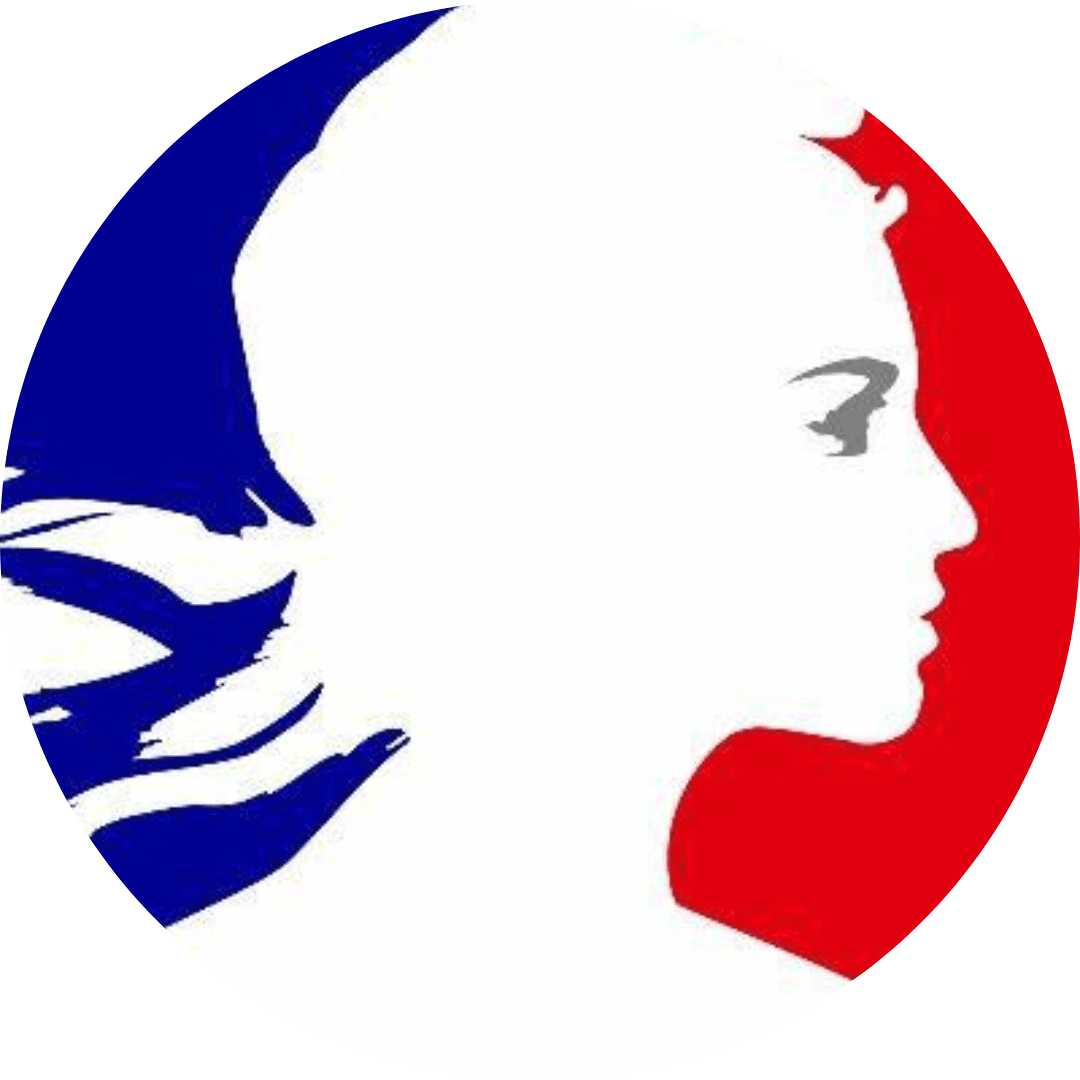Description des missions
Research activities, tasks and expected results
Profil recherché
Research activities, tasks and expected results- Name of the project: DATAROUTES (ERC Advanced Grant 2022) -Research activities / Content of the research projectDATAROUTES aims to carry out a cartography of Internet data routes in order to understand how the routing strategies of state and non-state actors shape cyberspace and to analyze, as a domain of application, the important security and policy issues it raises for the European Union. The goals of this project are to measure and map Internet routes using open source data, thanks to DATAROUTES’ Border Gateway Protocol observatory; investigate through field work the strategic goals of state and non-state actors uncovered by the cartography; and analyze the broader policy issues they raise for the European Union in the context of the implementation of the 2020 Cybersecurity Strategy for a Digital Decade.EXPECTED TRAINING AND EXPERIENCEØ PhD in Public international law or European law on digital issuesØ Depending on the PhD, sound knowledge in PIL or EU lawØ Sound knowledge in the law of sanctions, international human rights law or telecommunications lawØ Good understanding of Internet connectivity ecosystemØ Experience in policy work would be an assetEXPECTED SKILLSØ Ability to work as part of a teamL’université de Paris 8 est un établissement d’enseignement supérieur qui regroupe 22500 étudiants, 1200 enseignants chercheurs et environ 650 personnels administratifs.The University Paris 8 is an institution of higher education with 22,500 students, 1,200 research professors and approximately 650 administrative staff. The university carries out training and research missions. Its activities are mainly focused on human and social sciences, arts and digital technology. As far as research is concerned, it has 26 research units and 7 mixed research units. - Tasks to be performedØ Conduct research on Internet sanctions and International/EU lawØ Publication of scientific articles, including in peer-reviewed journals, and for science popularizationØ Participation in scientific and policy events such as conferences, colloquiums, roundtables and workshops.Ø Formulation of policy recommendations.Ø Organization of conferences to disseminate results of the research-Expected resultsØ Publication of scientific and policy papers in academic journals and policy blogsØ Participation in scientific conferences and colloquiums abroad and in FranceØ Support to the activities of DATAROUTES and their organization (conferences, workshops, seminars…)INTERNAL AND EXTERNAL LINKSwww.univ-paris8.fr www.geode.science www.geopolitique.net CONDITIONS OF SERVICE AND, WHERE APPROPRIATE, PARTICULAR HARDSHIP ATTACHED TO THE POSTTravel for workshops and conference and fieldwork in EU institutions.Ø Ability to manage a small team to conduct short and medium-term projectsØ Excellent aptitude to work in a multi-skills and multi-domain environment to develop cooperation and mutual understandingØ Ability to conduct both high level academic research and formulate policy recommendationsØ Aptitude for using innovative methodologies (cartography, graphs, etc.) to support legal analysis.Ø Self-motivationØ ResponsivenessØ Excellent command of English, knowledge of French or another language is an assetIFG Lab is the research laboratory of the French Institute of Geopolitics of the University Paris 8, founded in 2022 by Béatrice Giblin. It was previously called the Centre de recherches et d’analyses géopolitiques -CRAG (Centre for Research and Analysis in Geopolitics), a host research team (EA 353) founded in 1989 at the University Paris 8 along with the first doctoral program and Diplôme d’Etudes Approfondies (Diploma of Higher Education) in geopolitics in France.The researchers and doctoral students of IFG Lab study territorial and digital power rivalries. Their research work applies geopolitical methodologies (spatial analysis and stakeholder strategy, cartography and computer graphs) to a wide variety of conflict situations.These can be international (war, diplomacy, environmental conflicts, citizen involvement, etc.), intra-state (redevelopment and infrastructure projects, environmental conflicts, regionalist or nationalist movements, urban geopolitics, electoral rivalries, etc.), or digital conflicts (cyber conflicts, disinformation, geopolitics of digital technologies, international regulation of cyberspace, etc.).The GEODE project (Geopolitics of the Datasphere), led by IFG Lab, specializes in the strategic challenges of the digital revolution. In 2020, it was awarded the title of Centre of Excellence for International Relations and Strategy by the French Ministry of the Armed Forces (geode.science).
